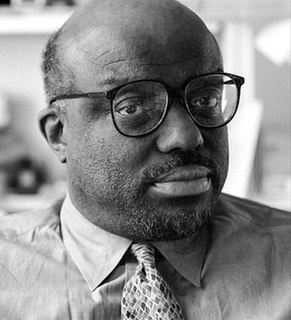A Quote by Bryant H. McGill
All discomfort comes from suppressing your true identity.
Quote Topics
Related Quotes
When it comes to identity, that was an issue that plagued me for a lot of my life. It's something that I wanted to tap into. Film can really take you to other places, and sometimes that's necessary to understand your own identity or someone else's identity or just the issue of identity, in general. It takes you. It's borderless. It's boundless. It's universal.
This is the best message that I have been responsibly for it. This will help you, A, find your identity. Because you can never overcome life issues. You'll never overcome your condition without knowing your position. So identity. Significance comes out of identity, meaning life's purpose, your why in life. But the great thing is this book ['You are all that'] is so practical.
The identity of just one thing, the "clash of civilization" view that you're a Muslim or a Hindu or a Buddhist or a Christian, I think that's such a limited way of seeing humanity, and schools have the opportunity to bring out the fact that we have hundreds of identities. We have our national identity. We have our cultural identity, linguistic identity, religious identity. Yes, cultural identity, professional identity, all kinds of ways.
Every mind has its particular standard of good and bad, and of right and wrong. This standard is made by what one has experienced through life, by what one has seen or heard; it also depends upon one's belief in a certain religion, one's birth in a certain nation and origin in a certain race. But what can really be called good or bad, right or wrong, is what comforts the mind and what causes it discomfort. It is not true, although it appears so, that it is discomfort that causes wrongdoing. In reality, it is wrongdoing which causes discomfort, and it is right-doing which gives comfort.

































